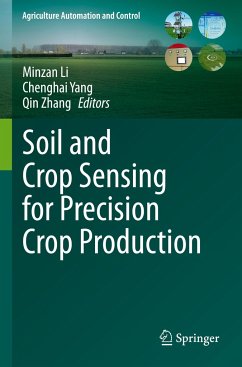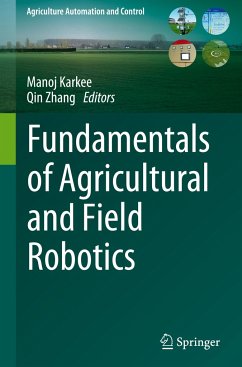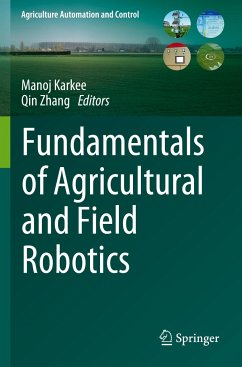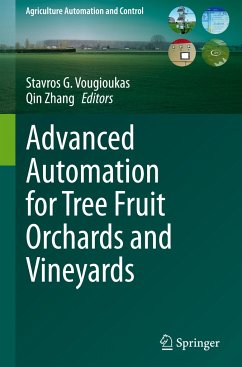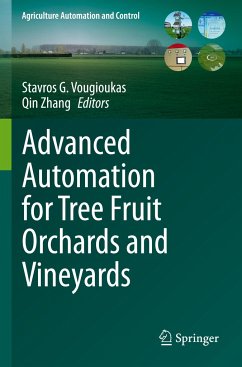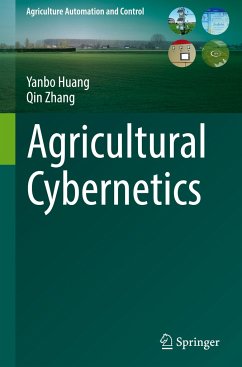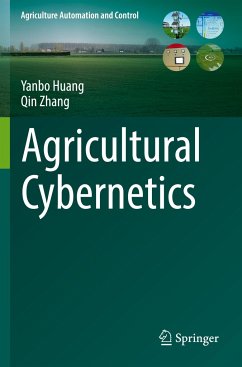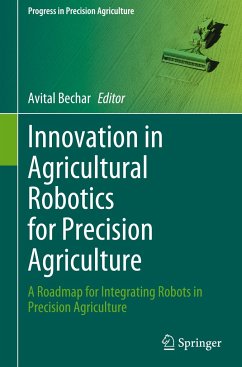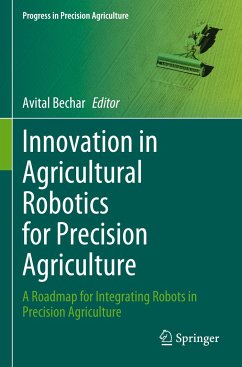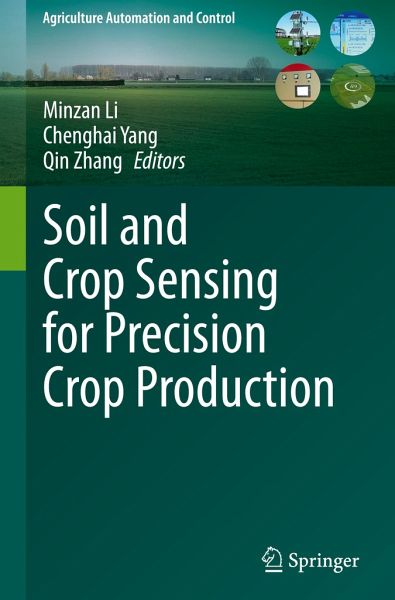
Soil and Crop Sensing for Precision Crop Production

PAYBACK Punkte
57 °P sammeln!
Soil and crop sensing is a fundamental component and the first important step in precision agriculture. Unless the level of soil and crop variability is known, appropriate management decisions cannot be made and implemented. In the last few decades, various ground-based sensors have been developed to measure spatial variability in soil properties and nutrients, crop growth and yield, and pest conditions. Remote sensing as an important data collection tool has been increasingly used to map soil and crop growth variability as spatial, spectral and temporal resolutions of image data have improved...
Soil and crop sensing is a fundamental component and the first important step in precision agriculture. Unless the level of soil and crop variability is known, appropriate management decisions cannot be made and implemented. In the last few decades, various ground-based sensors have been developed to measure spatial variability in soil properties and nutrients, crop growth and yield, and pest conditions. Remote sensing as an important data collection tool has been increasingly used to map soil and crop growth variability as spatial, spectral and temporal resolutions of image data have improved significantly in recent years. While identifying spatial variability of soil and crop growth within fields is an important first step towards precision management, using that variability to formulate variable rate application plans of farming inputs such as fertilizers and pesticides is another essential step in precision agriculture.The purpose of this book is to present the historical, current and future developments of soil and crop sensing technologies with fundamentals and practical examples. The first chapter gives an overview of soil and crop sensing technologies for precision crop production. The next six chapters provide details on theories, methods, practical applications, as well as challenges and future research needs for all aspects of soil and crop sensing. The last two chapters show how soil and crop sensing technologies can be used for plant phenotyping and precision fertilization. The chapters are written by some of the world's leading experts who have contributed significantly to the developments of precision agriculture technologies, especially in the area of soil and crop sensing. They use their knowledge, experiences, and successful stories to present informative and up-to-date information on relevant topics. Therefore, this book is an invaluable addition to the literature and can be used as a reference by scientists, engineers, practitioners, and college students for the dissemination and advancement of precision agriculture technologies for practical applications.





